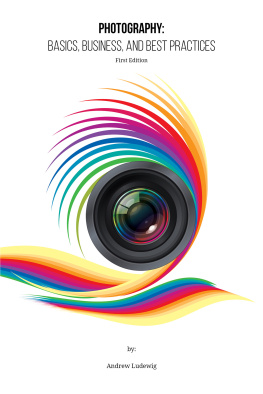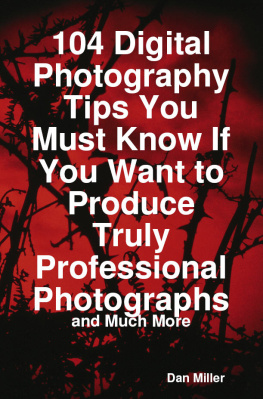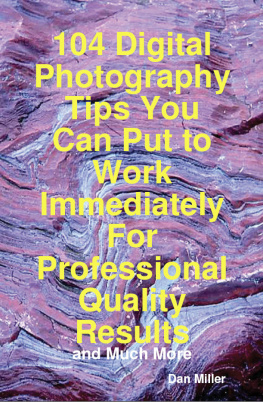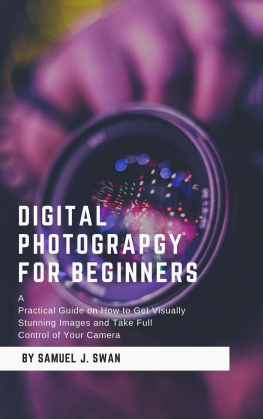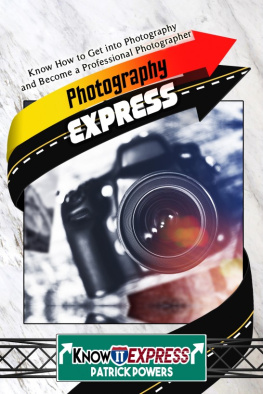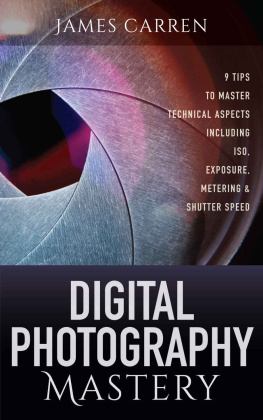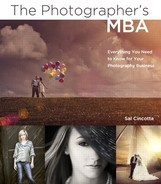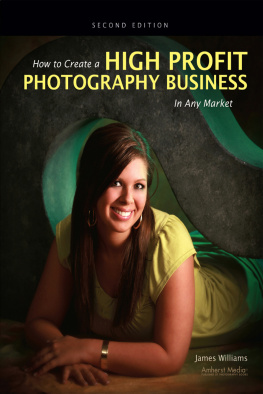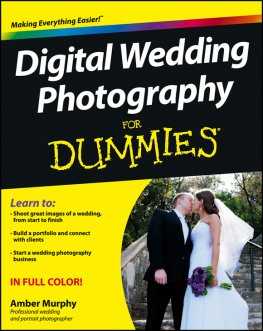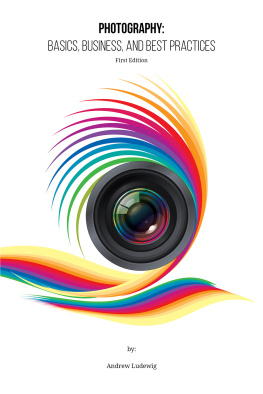We can all relate to photography, regardless of how little we may know about the intricacies of it. Photography captures emotion, character, and beauty, as well as pain. It freezes a moment in time for as long as that image exists. It can be used as a tool for teaching, as well as for menace, but it always remains a powerful means of storytelling. For years, photography has helped us remember the most important moments of our lives, from our births to our deaths.
Growing up, I never had access to a great camera, but I took as many photos as possible with any camera I could get my hands on. When I was younger, I obviously didn't know what good composition or quality of light meant. I didn't know anything about aperture or exactly what a shutter accomplished, but from the very beginning I knew what a camera created. A camera can freeze a moment in time that you can't get back. Cameras help people remember, treasure, and reflect on those special moments that seem to disappear in a flash. That ability to capture the moment is what drew me to photography.
I started out shooting with 35mm and 110mm film, as I'm sure many of you did. As my photography skills increased, I grew to appreciate how film worked and what went into capturing amazing images. I was addicted to buying film and taking as many photos as possible, and then mailing off the film to get it developed. Waiting to get the prints back and seeing how they turned out was fun. It's a joy that for many is now lost, due to the emergence of digital cameras.
I can recall the first time I ever picked up a digital camera and how it changed the way I learned photography. It gave me a better understanding of how cameras work and made it easier to capture better images. No more waiting for a roll of film to be developed and guessing if a photo came out right. Digital cameras are kind of like painting with acrylic paints they allow you to make mistakes with little risk, you see instant results, and you can quickly "fix your mistakes by re-taking the image or adjusting the settings (much like you can paint right over a mistake with acrylics without having to wait days for it to dry or worry about the loss of money in ruined expensive paint). With this new tool, I embarked upon a mission to become well versed in digital photography.
In the past 20 years, the way we showcase our memories has changed dramatically. No more gluing our freshly developed photos into an album or scrapbook now we can upload all of our memories right to our devices, or create albums virtually using services like SnapFish and Shutterfly. Technology has transformed the way we live our lives, for better or worse, and photography is just one of many examples. For the consumer, the era of digital cameras introduced a wonderful vehicle for many people to start learning how to take better photos. Many manufacturers flooded the market with affordable and easy-to-use digital cameras in an effort to quickly capitalize on the momentum of the technological wave. The downfall with this, years later, is that the market is now flooded with cheap, low-end digital single lens reflex (DSLR) cameras. Because of this, many professionals have had to resort to lowering their fees to compete with the flood of amateurs masquerading as professionals. There's no disguise for true quality, and that's a belief I have held firmly since starting out in the professional field.
I was first exposed to digital cameras back in 2000, when I was in high school, while working for the IT department. They let me use one to take photos of the events at school. It was the Sony Malvetica that used a 3.5 floppy disc to record the photos. At the time it was an amazing camera to use, clocking in at two megapixels. After learning to use that, I wanted something for my own use. The first camera I ever had was a Fujifilm point-and-shoot compact camera, with a whopping 2.3 megapixels. I stayed loyal to Fujifilm point and shoot because of their sensor technology and the quality of the photos right out of the camera. I didn't realize until much later that Fujifilm and Nikon DSLR shared a lot of common features, even down to the flange mounts on their bodies. After purchasing countless Fujifilm point-and-shoot digital cameras (and a select few other brands) I was introduced to my first DSLR camera Olympus.
Experimenting with all of these cameras only reinforced my enthusiasm for the world of photography. I wanted to learn as much as possible about how to capture images like the professionals. I still didn't totally understand how to use the aperture, shutter or ISO settings correctly, or how they affected the images. I knew I needed to really educate myself, beyond just playing with different types of cameras, and dive deeper into the technical aspects of photography.
Over the next several years, I did a lot of research and studying, and I fell more in love with photography as I continued to perfect my craft. As a matter of fact, I was so enamored with creating and re-creating real and meaningful art from people's real-life experiences, I decided to pursue my passion by building my own photography business. Launching such an endeavor never really scared me because of the love I had for the business. It did require a lot of sacrifice and dedication, but overall it came naturally and was well worth the hard work.
Over the course of the next two years, I realized that all of the tedious researching and networking I'd done had helped me develop a rather successful business. During the first year, I helped a struggling photographer on the west coast build her business when it wasn't doing as well as she would have liked. That's where I derive so much of my satisfaction; not only delivering a quality product to my happy customers, but helping other passionate photographers do what I've done. My grasp on the concepts of marketing, graphic design, web development, and photography had ultimately made my vision a reality. I took the principles I had learned and applied them to other people's businesses in order to help them grow and strengthen my learning process through another perspective.
I adore photography and the many different expressions one can capture with it. It has so many forms and unique ways to evoke feelings. While photography is very challenging, it's the challenge that drives me to continue improving. I never settle for the status quo or become complacent and stop learning. A professional once told me, "You're not a true professional if you think you know it all; you must continue to learn and keep moving your skills forward." I really believe that's why I love photography so much because I get to make timeless images with the clients and people I meet, while remaining consistently devoted to evolving as an artist and gaining that deep fulfillment of living out my dream.
Doing what you love and loving what you do is so important. I'm sure everyone's heard the saying, "Do what you love and you'll never work a day in your life. Since I was young, my passion has been to document events. I always had a camera in my hands, snapping pictures that may not have meant much then, but could mean the world to someone now. Cameras help us capture a sliver of time that can be remembered forever. I sincerely hope this book will help other aspiring artists believe that they can live their dreams and reach their goals as professional photographers and business owners.
There is no wrong way or right way to choose your course in this business. What has worked for me may not be the right fit for you. I relay my experience and suggestions only to offer guidance and assistance. My strongest advice? Get creative, not only with your skills as a photographer, but as a business owner as well. You can do it. Believe in yourself.

